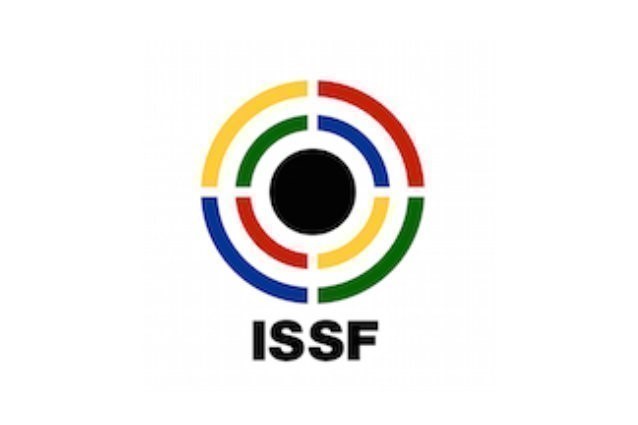Under the strict liability principle, Athletes are responsible for any prohibited substance found in their urine samples. Unlike foods and medications, the supplement industry is subject to little government regulation making it impossible for the ISSF and other Anti-Doping Organisations to confirm whether or not a supplement contains prohibited substances. After a number of anti-doping violations related to supplement use in shooting sport and all other sports, the ISSF would like to stress to the shooting sport community the extreme risk an athlete runs when using supplements.
Under no circumstances can the ISSF confirm whether or not a supplement contains prohibited substances.
It is ultimately the Athlete’s responsibility to ensure that any thing she or he ingests does not contain prohibited substances.
What are supplements?
Supplements are sometimes referred to as nutritional/dietary supplements or natural health products. They are not classified as food or drugs and are not covered by the various national Food and Drugs Acts.
Supplements include such products as:
|
|
What are the risks associated with supplement use?
Unlike food and pharmaceutical production, the supplement industry is subject to little government regulation. Consequently supplements may:
- Intentionally contain prohibited substances;
- Unintentionally be contaminated with prohibited substances (e.g., contaminated source ingredients, erroneous source ingredients, cross-contamination during manufacturing); or
- Be mislabelled.
In addition, supplements may:
- Not accurately list the ingredients (e.g., falsify, omit);
- Not accurately list the relative amounts of each ingredient per dose;
- Make false certification claims (e.g., WADA-approved);
- Make false health benefit claims; and
- Not list important cautionary information (e.g., side-effects to health).
The number of anti-doping violations resulting from the use of supplements demonstrates the extreme risk an athlete runs when using supplements. A positive test for an athlete who uses supplements may result in a violation regardless of how the prohibited substance got into their body. Serious sanctions may be imposed.
How can Athletes minimize the risks?
Athletes have a personal responsibility to evaluate all the risks associated with the consumption of supplements before using them, and are responsible for any prohibited substance found in their sample - this is known as strict liability.
The ISSF you among others to the NSF International Certified for Sport® program which helps minimize the risk of unintentional doping. NSF International's Certified for Sport® laboratory testing services help clients establish product stewardship by confirming content and purity, compliance, and assessing public safety and environmental concerns on products used by athletes.
Given the risks and dangers associated with supplement use, athletes might be better off not consuming any supplements. And if they chose to do so, only using supplements for which they have conducted in depth research and are fully satisfied they are safe to use.
Other helpful resources
WADA’s global Anti-Doping Education and Learning platform. ADEL welcomes anyone who wants to learn about clean sport. Register and join ADEL to discover how we can support you. Together we can protect clean sport. Anti-Doping Education and Learning (wada-ama.org)
The Global Drug Reference Online Global DRO - Home provides athletes and support personnel with information about the prohibited status of specific medications based on the current World Anti-Doping Agency (WADA) Prohibited List. Global DRO does not contain information on, or that applies to, any dietary supplements.
Get educated on your roles and responsibilities!
In addition to reminding you all about the risks of taking supplements, ISSF reminds all Athletes, coaches, Athlete support personnel, parents etc. that the World Anti-Doping Agency’s ADEL, Anti-Doping Education and Learning (wada-ama.org) provides online anti-doping education in various languages with varying content. Is it not high time that you all get educated on your respective roles and responsibilities when it comes to anti-doping?
As always, better safe than sorry!
The IPOD has been published by ISSF since 2009!
You are all invited to visit the IPOD page to scroll through some past editions of the Information Portal on Doping ISSF - International Shooting Sport Federation - issf-sports.org

